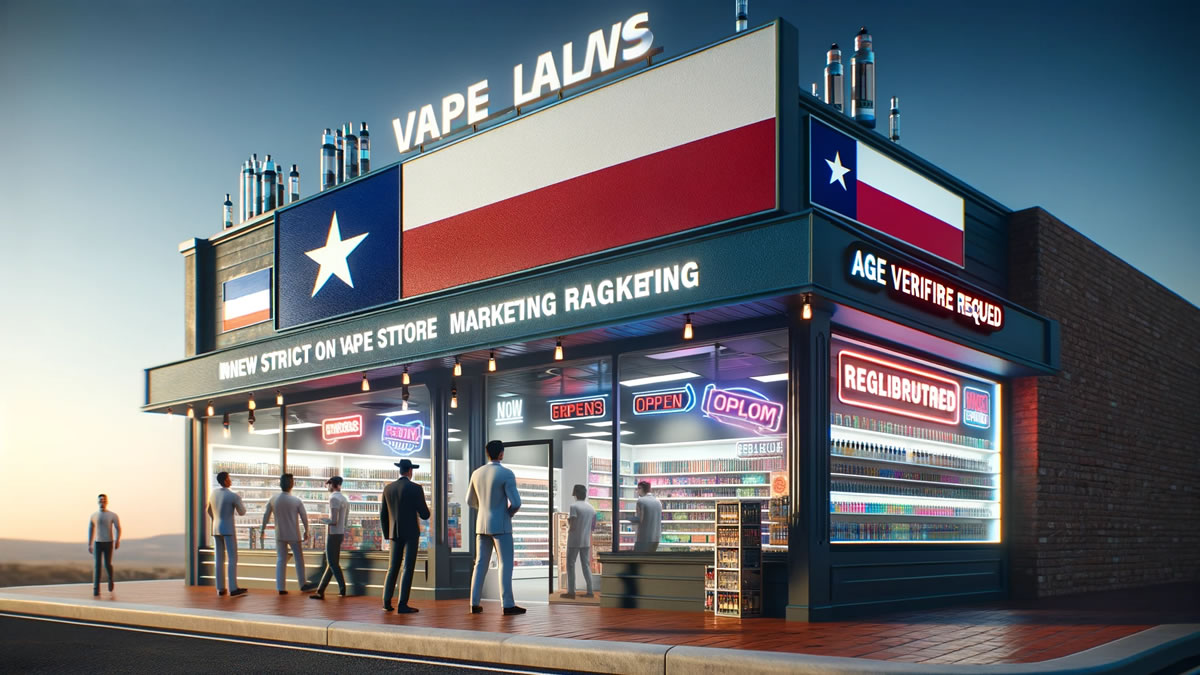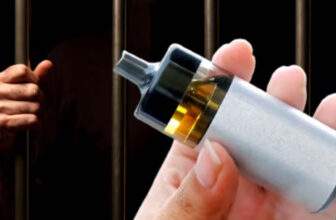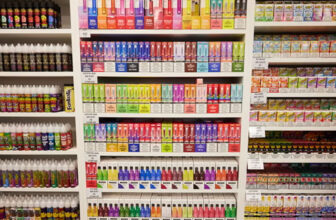
A new Texas law went into effect this week placing strict limitations on how vape products can be marketed and advertised. Supporters hope restricting inappropriate promotions that appeal to youth will reduce underage vaping. But some shop owners argue the rules go too far and hurt above-board retailers catering only to adult consumers.
What Does the New Vape Marketing Law Do?
House Bill 7458 specifically prohibits marketing vaping products using:
- Cartoons
- Celebrities
- Symbols
- Imagery targeting minors
- Food or drinks that appeal to youth
“It’s the flavors and marketing that influence kids to start vaping,” said County Judge Joe Benavides. His court sees many underage offense cases related to vaping.
According to backers, cutting out inappropriate ads aimed at hooking young users will help reduce illegal sales and usage. But responsible vendors following age verification laws say their shops shouldn’t face restrictions meant to protect minors.
Impact on Vape Stores So Far
Even before fully taking effect, the legislation forced many Texas vape stores to remove or heavily discount non-compliant inventory. Products featuring cartoon branding, food names or influencer endorsements had to be pulled from shelves immediately.
Some feel targeting marketing simply meant to catch adult eyes punishes legitimate businesses unfairly. They argue minors can’t even shop at adults-only vape stores, so why restrict products clearly not meant for illegal users?
“Kids aren't going to gaze longingly through our window at a strawberry flavor hoping to vape it,” said Vapor Vault employee Sean Janosky. “We check IDs at the door.”
Still, backers believe cutting out youth-oriented promotions in all channels prevents indirect exposure that still impacts underage appeal and perceptions.
Penalties for Violations
The new regulations carry stiff penalties for non-compliance. Any vape shop caught breaking the marketing rules could face:
- Up to 6 months jail time
- Fines up to $2000
- Class B misdemeanor
Lawmakers clearly want to disincentivize activity they see as predatory and hooking underage users. But vendors complain the broad language equally deters legal sales activities not specifically targeting kids.
How the law gets interpreted and enforced will become more clear with time. But right now shops statewide feel pressure to overcorrect rather than risk simple mistakes drawing fines. Most have opted to clear inventories of anything potentially non-compliant.
Will This Curb Underage Vaping?
Only time will tell whether restricting vape product marketing directly aimed at youth translates into reduced minor usage. Early research on similar efforts in other states shows some positive impact.
But shop owners argue minors still access products illegally through online sales and poor enforcement. Until issues like age verification improve, vendors following existing laws get unfairly punished by blanket restrictions.
While supportive of protecting kids, many Texas vape store owners hope to see tweaks addressing overreach concerns. With balanced and pragmatic enforcement, the regulations could achieve aims without unduly harming legitimate retailers.
Reasonable marketing guidelines, improved age verification, better parental oversight and consistent penalties on violators together can constructively combat youth vaping. But biased, excessive rules or uneven enforcement won’t fix deeper societal issues driving usage.
A multi-pronged approach tailored to address root causes shows most promise for tackling underage usage challenges while supporting access for adult smokers seeking harm reduced alternatives.







